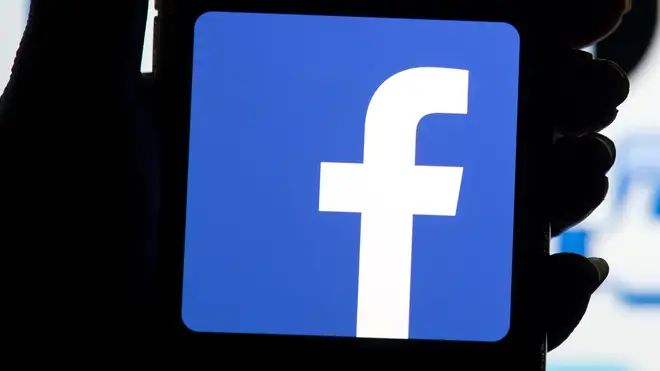
Clare Foges 6pm - 9pm
12 October 2020, 17:24

Mark Zuckerberg has previously said the platform would not ban Holocaust deniers because they have a right to express an opinion.
Facebook has updated its policies to ban content that “denies or distorts the Holocaust”, more than two years after Mark Zuckerberg suggested such posts were allowed in the name of freedom of speech.
But now the social network’s head of content policy, Monika Bickert, has said the site will remove such content and later this year will begin directing anyone who searches for Holocaust denial to “credible information” away from Facebook.
The update follows a crackdown on other forms of hate speech, including the banning of a number of white supremacist groups, as well as content around militia groups and the QAnon conspiracy theory.
The social media giant introduced a number of these changes in an effort to combat misinformation on the platform ahead of the US presidential election next month.
“Today’s announcement marks another step in our effort to fight hate on our services,” Ms Bickert said.
“Our decision is supported by the well-documented rise in anti-Semitism globally and the alarming level of ignorance about the Holocaust, especially among young people.
Today we're updating our hate speech policy to ban Holocaust denial.We've long taken down posts that praise hate…
Posted by Mark Zuckerberg on Monday, October 12, 2020
“According to a recent survey of adults in the US aged 18-39, almost a quarter said they believed the Holocaust was a myth, that it had been exaggerated or they weren’t sure.”
The stance is a major change from comments made by Mr Zuckerberg in 2018 when he said that Facebook would not remove content around Holocaust denial and conspiracy theories because those posting may not be “intentionally getting it wrong”.
The social network boss, who is Jewish, said that while he found subjects such as Holocaust denial “deeply offensive”, Facebook should not remove it because it is difficult to establish the intent of such comments.
However, in a Facebook post published alongside the announcement, the platform’s founder said his thinking on the issue had “evolved”.
“I’ve struggled with the tension between standing for free expression and the harm caused by minimizing or denying the horror of the Holocaust,” he said.
“My own thinking has evolved as I’ve seen data showing an increase in anti-Semitic violence, as have our wider policies on hate speech.
“Drawing the right lines between what is and isn’t acceptable speech isn’t straightforward, but with the current state of the world, I believe this is the right balance.”
However, in its announcement, Facebook warned it would take time to begin properly enforcing the new rules.
“Enforcement of these policies cannot happen overnight,” Ms Bickert said.
“There is a range of content that can violate these policies, and it will take some time to train our reviewers and systems on enforcement. We are grateful to many partners for their input and candour as we work to keep our platform safe.”
Danny Stone, chief executive of the Antisemitism Policy Trust said it hoped the move would prompt wider action to tackle hate speech across the industry.
“We welcome this decision by Facebook to fully ban abuse and denial of the Holocaust, which has so far been allowed to fester on the platform,” he said.
“It finally aligns Facebook’s policies to ban antisemitism and hate speech. Previously, Jew-hatred disguised as Holocaust denial and revisionism was allowed unabated, meaning Jewish users who saw this sort of content could not do anything to combat it.
“In removing it from the platform, Facebook is sending a message that Jewish and other people’s collective memories and experiences of this horror are no longer fair game. Denial will no longer be so easy to share or be used to influence others on Facebook.
“I look forward to continuing to work with Facebook on its policies and hope that through the Government’s Online Harms Bill we will see wider action to tackle hate, across the industry.”